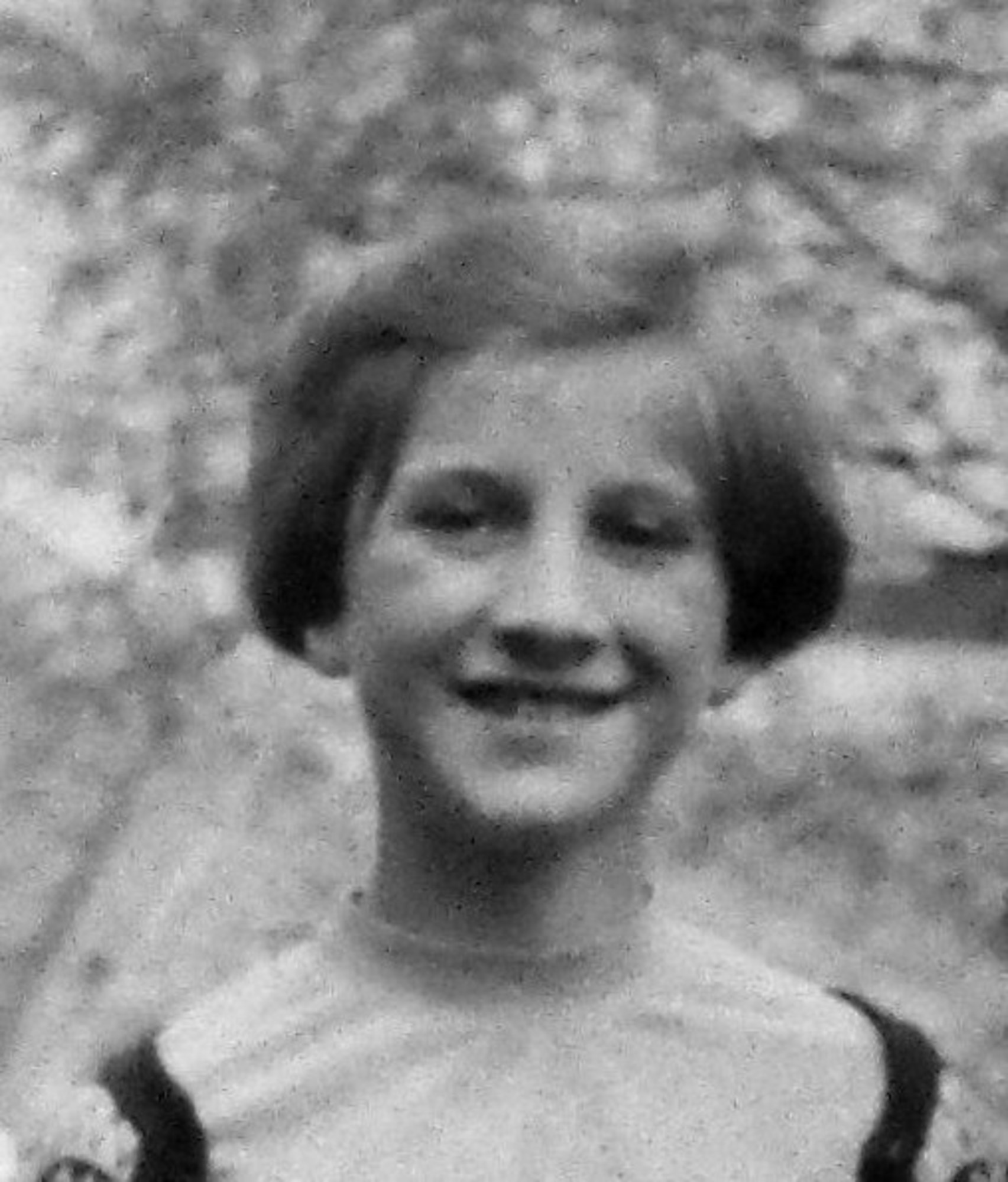Unlike the new settlers in the Kraslice region, I did not consider the region a wildland, I accepted it as a fact

Stáhnout obrázek
Jarmila Volfová was born in 1949 in a Czech-German family from Rotava. Her Czech father was a miner and he spent lot of time away from home due to his work. Her German mother had difficulties living in Rotava, owing also to her German-accented Czech, and little Jarmila was keenly aware of that. Jarmila grew up in a Czech-German cultural environment and soon she learnt German from her friends in school, although her mother spoke only Czech to her due to her fear of Czech neighbours. After graduation from grammar school, Jarmila began working for the Čedok travel agency. She personally accompanied many tours, from which most of the tour participants emigrated, but she always returned home due to her concern for her parents. In 1970 she left the humiliating bureaucratic system of the travel agency, and for the following more than thirty years she worked for the District Authority in Sokolov as a clerk in charge of the payment of retirement benefits. In 2003, already as a retiree, she accepted an administrative position at the Municipal Authority in Rotava. She has not married, and she lives alone in the house inherited from her parents. All her relatives have either emigrated or they are no longer alive. Her closest friends are the parishioners from Rotava. The issue of Czech-German relations is still painful for her.







